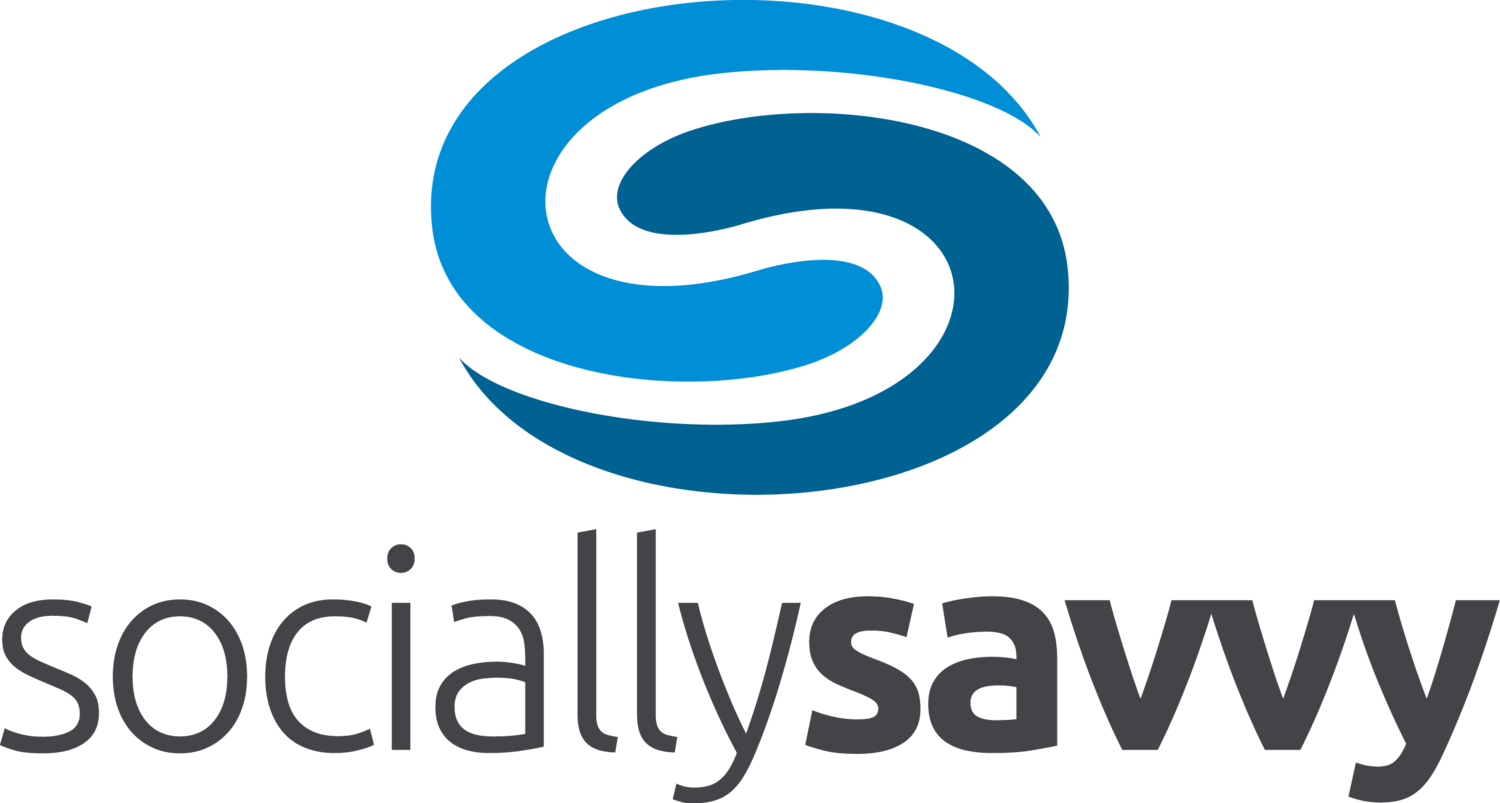LinkedIn profiles can tell you much more about your connections than just how long they’ve been at their current job. Learning to “listen” to your connections will improve your understanding of their interests and social business behavior.
5 Social Listening Tips for LinkedIn
Clicking the “Contact info” link and the top of a contact’s profile page provides you with lots of valuable information about your connection. You can see any websites they have added, their phone number and email address(es), their Twitter handle(s), birthday, when you first connected, and any other social profiles they have linked to.
The Highlights section of a connection’s profile page shows your mutual connections, groups you have in common and work experiences you share. It will also show any LInkedIn events that your connection is attending.
Perusing the Activity section will allow you to gain a better understanding of current content interests. This is a good indicator of priorities and provides a basis for relevant communication outreach.
Scroll to the bottom and click “See all” under the “Following” section to view Influencers, Companies, Schools and Groups followed by your contact. This provides an opportunity to see personalized interests and activities.
Review the detail provided on a contact’s Experience section, particularly their current role. Information provided describes responsibilities and accomplishments in your contact’s own words. Mentioning specific, relevant insights about your contact’s job and successes shows that you have done your homework and are actively researching to be relevant.
Bonus tip: Volunteer Experience and Accomplishments sections highlight a contact’s true passions and interests. Leverage this knowledge to connect on a personal level.
Take Aways
Be curious. Develop social listening habits by scheduling time to learn more about the contacts in your network.
Be engaged. Be present and active in both listening to and participating in the market and customer communications on social channels.
Be respectful. As with all business interactions and communications, maintain professionalism. The right to communicate is earned through a series of touch points. Be transparent, authentic and yourself.

